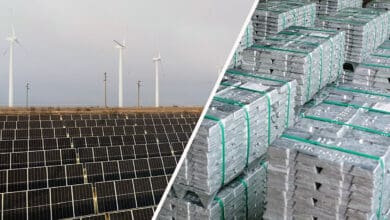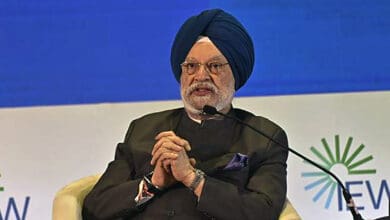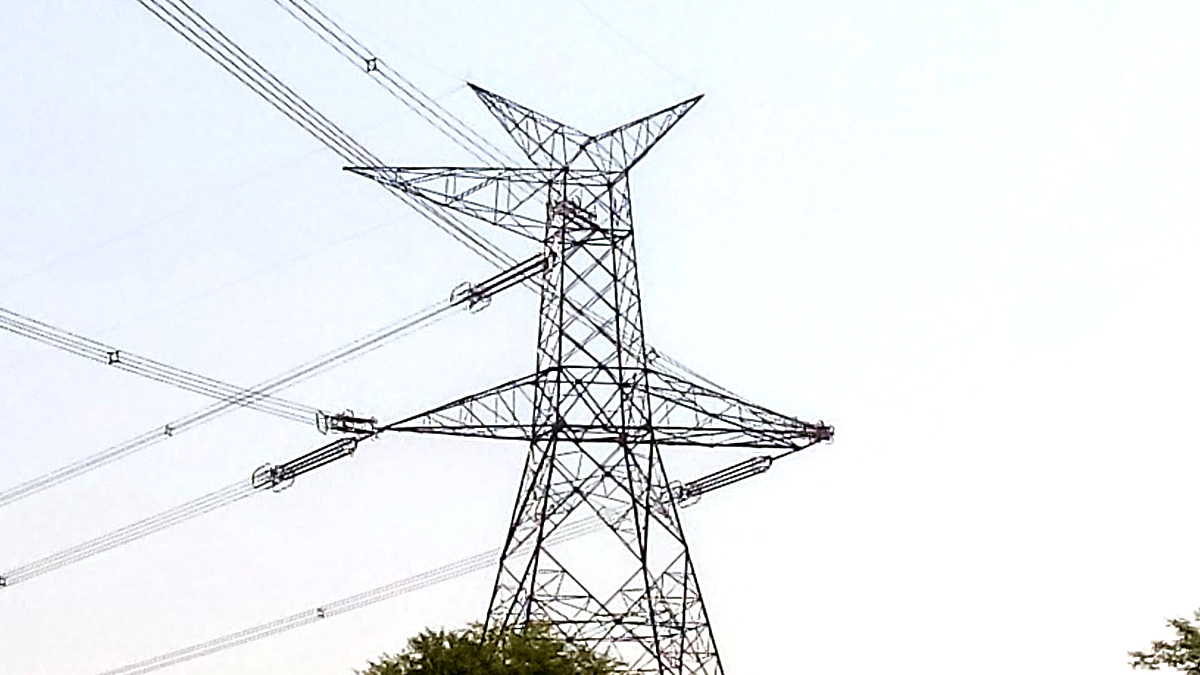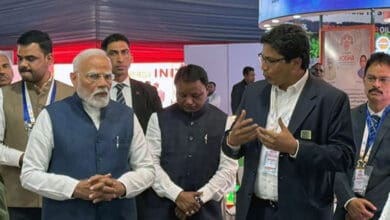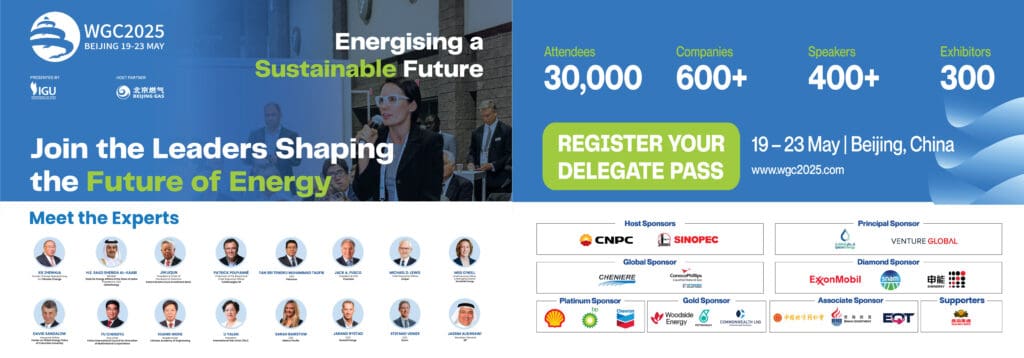The US-India Strategic Clean Energy Partnership (SCEP) Ministerial, co-chaired by US Energy Secretary Jennifer Granholm and Indian Minister of Petroleum and Natural Gas Hardeep Singh Puri, concluded in Washington DC, highlighting significant advancements in clean energy collaboration between the two nations.
During the ministerial, the two sides reviewed progress across key technical pillars of the SCEP, including Power & Energy Efficiency, Responsible Oil & Gas, Renewable Energy, Emerging Fuels & Technologies, and Sustainable Growth. Both countries underscored the importance of strengthening energy security, fostering clean energy innovation, and expediting the transition to sustainable energy systems.
A notable outcome of the meeting was the formal launch of the Renewable Energy Technology Action Platform (RETAP) in August 2023, aimed at developing roadmaps for hydrogen, long-duration energy storage, offshore wind, and geothermal energy. The platform will focus on research and development, pilot projects, and fostering networks among investors, industries, and incubators.
The ministers also announced the launch of the National Centre for Hydrogen Safety in India and emphasised the importance of expanding bilateral exchanges in clean hydrogen research and development (R&D), cost reduction, and the deployment of hydrogen hubs in both countries. Additionally, they lauded progress in implementing green hydrogen technologies in buses, tractors, and heavy equipment.
The SCEP also saw the introduction of the Energy Storage Task Force, which will address critical issues related to policy, regulatory frameworks, manufacturing, and supply chains for energy storage solutions. Special attention will be given to the adoption of alternative chemistries to lithium-ion technologies and the economic feasibility of various storage systems in India’s Assam and Haryana states.
Supporting India’s clean energy grid and transportation infrastructure, both countries committed to modernising the power distribution sector and expanding renewable energy integration. Collaboration with Indian Railways was recognised for efforts to achieve net-zero emissions by 2030, and the ministers applauded India’s first round-the-clock renewable energy procurement of over 1.5 GW. India’s deployment of 10,000 electric buses under the PM eBus Sewa scheme was also welcomed as a positive step toward electrifying public transportation.
In the aviation sector, the ministers agreed to boost the use of sustainable aviation fuels (SAF), with new engagement planned through workshops and partnerships. Additionally, progress on carbon capture, utilisation, and storage (CCUS) was acknowledged, with an August 2024 workshop in Delhi identifying critical areas of engagement for geological carbon storage.
The importance of methane abatement in the oil and gas sector was another area of focus, with both countries cooperating on technical initiatives through India’s Directorate General of Hydrocarbons (DGH).
A key highlight of the ministerial was the recognition of increasing investments in the clean energy sector, with Indian company Waaree investing in a 3GW solar module manufacturing facility in Texas. The signing of three new memoranda of understanding between commercial partners on emissions measurement and methane abatement further cemented this growing economic collaboration.
Secretary Granholm and Minister Puri praised the continued public-private sector dialogues driving these advancements and expressed optimism about future U.S.-India cooperation in clean energy. They emphasised that this collaboration will play a pivotal role in addressing global climate challenges, modernising energy infrastructure, and establishing secure, diversified clean energy supply chains.








